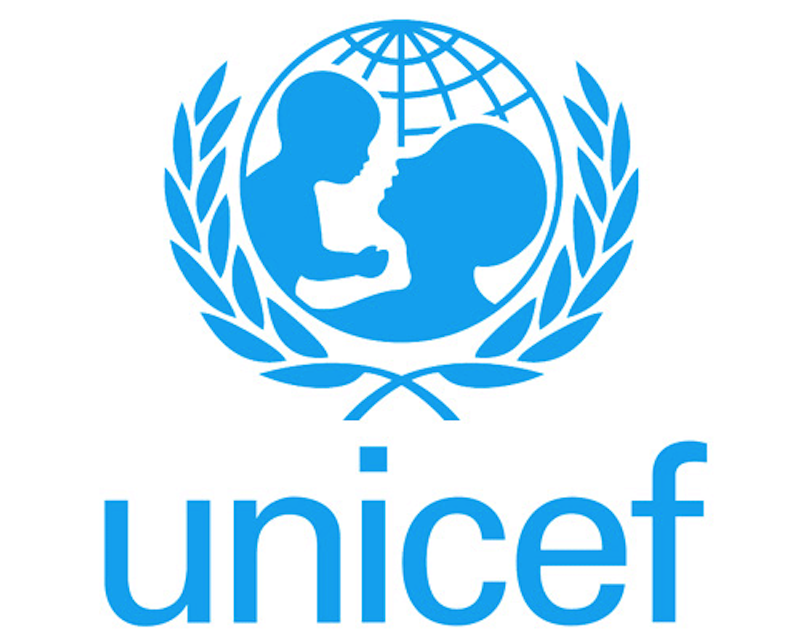The Adamawa State Government, in collaboration with the United Nations Children’s Fund (UNICEF), has officially launched the Accelerated Basic Education Programme (ABEP), a targeted initiative aimed at reintegrating out-of-school children into the formal education system and fast-tracking their learning journey.
The launch, which took place in Yola, marks a significant milestone in the state’s efforts to address educational exclusion, especially among children affected by conflict, displacement, poverty, or early marriage. The programme is designed to provide a second chance at learning for children and adolescents between the ages of 10 and 18 who have missed out on formal education.
Speaking at the ceremony, Adamawa State Governor, Rt. Hon. Ahmadu Umaru Fintiri, described the initiative as timely and necessary in view of the staggering number of out-of-school children in the state and across the North-East region. He reaffirmed his administration’s commitment to ensuring that every child, regardless of their background or circumstance, has access to quality education.
“No society can rise above the quality of its education. This partnership with UNICEF represents a bold step to heal the educational wounds left by insecurity, poverty, and displacement. We are determined to turn the tide,” Governor Fintiri stated.
UNICEF’s Chief of Field Office in Bauchi, Dr. Tushar Rane, commended the Adamawa State Government for its political will and readiness to implement the programme. He noted that the Accelerated Basic Education Programme aligns with UNICEF’s mission to ensure inclusive, equitable, and quality education for all children, in line with the Sustainable Development Goals (SDGs).
The ABEP curriculum is condensed, flexible, and context-sensitive, enabling learners to cover the content of six years of basic education in just three years. It includes life skills, psychosocial support, and gender-sensitive components to ensure holistic learning outcomes.
With over 10 million out-of-school children nationwide, Nigeria holds the highest number globally, according to UNESCO. Programmes like ABEP are therefore critical in addressing the education crisis, especially in insurgency-affected areas like Adamawa.
Local education authorities say community learning centres have already been established in select LGAs across the state, and trained facilitators are in place to guide learners through the accelerated modules. The programme is expected to expand in phases to cover more communities.
As implementation gets underway, the state and its development partners are optimistic that ABEP will become a transformative tool in restoring lost learning opportunities and shaping a brighter, more inclusive future for the children of Adamawa.
